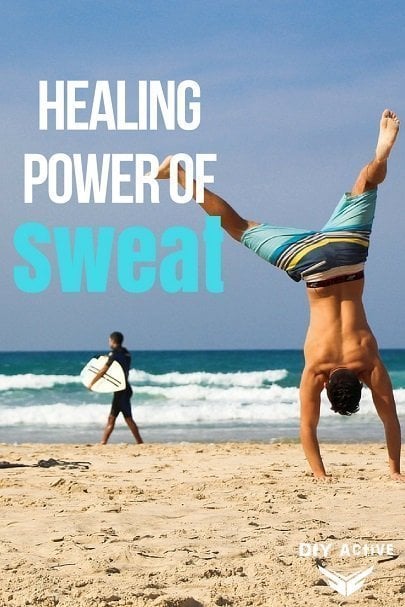Exercise and Addiction Recovery
Nobody said addiction recovery was easy. To get your life back on track, you need to work through the mental and physical issues associated with your addiction and find a treatment plan that works for you. To do this, many tools are available to help you. One you might not have thought of is at-home exercise.
Using fitness for addiction recovery…
Though you may not want to make time for exercise, doing so can really help aid in your recovery.
Knowing your body, its limits, and working to become stronger is all a part of how you recover and feel more like yourself, and exercising right can help.
Here are some of the ways exercise can benefit you and make the entire process easier.
Exercise Makes You Happy
When you exercise, your brain releases endorphins, the chemicals that make you feel good. Having a positive mood can give you a positive outlook on your recovery.
Patients recovering from drug and alcohol addictions are at an increased risk for depression.
These negative feelings could lead to relapse, and regular exercise can help stave off depression and potential setbacks to your recovery.
Work out mindfully and with purpose and think about how your body is working right as you go.
Working Out Relieves Stress

Many scientific studies have shown that exercise is a healthy way to deal with stress and feel better. A simple jog for thirty to sixty minutes can help relieve tension in your muscles, help your mind, and focus extra energy.
Learning to deal with stress in a positive way is an important part of your recovery, and different exercises might work better for different people.
At-home fitness like weight training might be good if you need a physical challenge, while running can be good if you need a longer distraction from the pain of recovery.
Exercise is a Positive Distraction
Physical activities take your mind off your problems and channel your energy into a positive outlet. Learning to live without addictions can mean boredom and disorientation for many people.
Exercise can provide a healthy distraction. Making an exercise schedule or attending a scheduled class can add needed structure to your day. Make sure your choice challenges you and keeps you engaged. Trying something new is a good place to start.
Try yoga for the first time. Or maybe something with a bit more cardio like a dance class. Be sure it fits with your overall recovery plan and is within your means.
Along with exercise helping relieve stress and making you happy, it’s great to do it in a beautiful atmosphere like a rehab in Colorado.
Fitness Makes You Feel Good About Yourself
Many people in recovery struggle with their self-image.
Exercise can help you see yourself in a positive light. Since exercise can often lead to weight loss and muscle gain, it can also lead to a positive body image. It can also boost your mood and decreases the chance of depression developing.
If you can, work out with a friend or fellow recovery addict. Having the added support can help keep you motivated together and push you both to succeed.
Physical Activity Boosts Energy
Exercise can give you more energy to tackle the demands of your day.
A recent study from the University of Georgia showed that exercising for 20 minutes three times per week led to 20 percent more energy for study participants. Cardio and endurance exercises are great for this and can be good for keeping your mind and body happy and engaged all day long.
Working out in the morning especially is a great way to boost your energy throughout the day.
Exercise Can Be Social
It can be hard to make healthy friendships while you’re in recovery. Choosing group exercises can help you be social in a healthy setting. Try joining a gym or take a class in aerobics or yoga.
Playing sports is also a great way to meet other healthy people. If you are at a recovery or addiction center, there are probably many different exercise and workout programs you can choose from.
Talk to your counselor and decide what kind of program will work best for your schedule and treatment. Sometimes group classes work better for some people and can keep your recovery schedule on track.
Wrap-Up
Including exercise as a part of your recovery program is a fantastic way to stay mentally and physically fit.
449 Recovery, a recovery center in California says patients should find exercises they enjoy to aid in their addiction recovery. Enjoying it is half the battle anyway.
- How to Get Into Shape Again After Winter - April 10, 2023
- Best Exercises for a Strong Spine - August 29, 2021
- 5 Ways to Reduce the Impact of Stress on Your Body - June 16, 2020